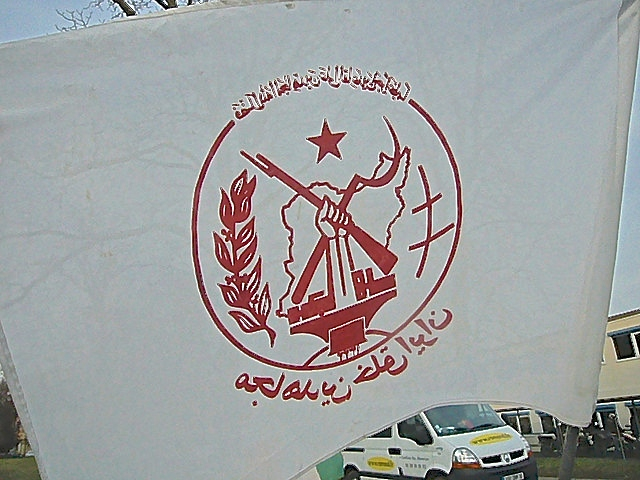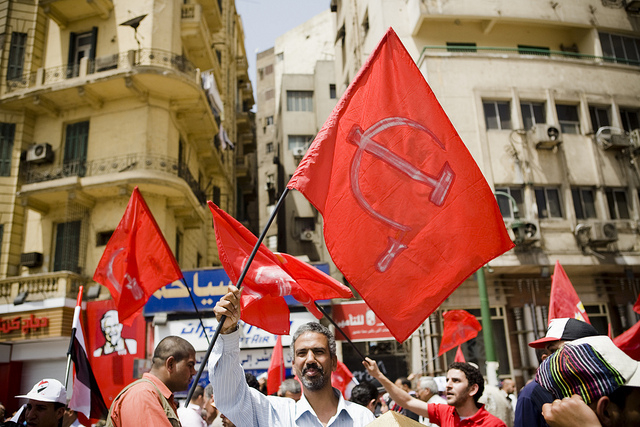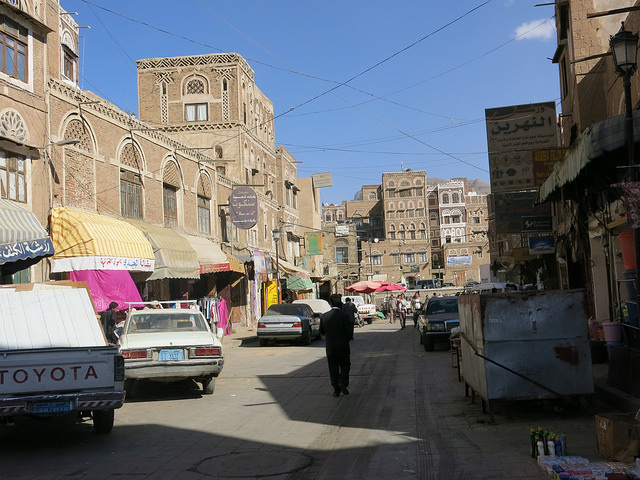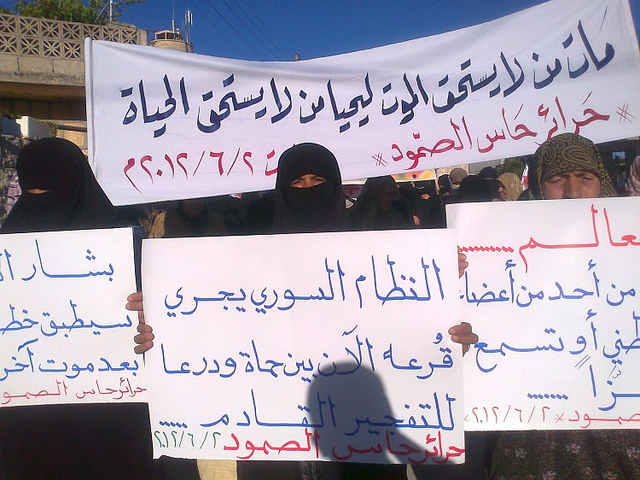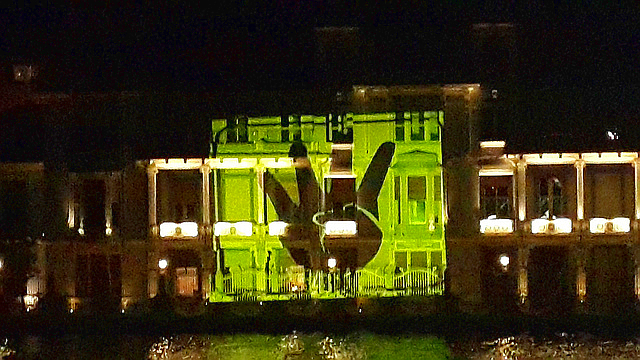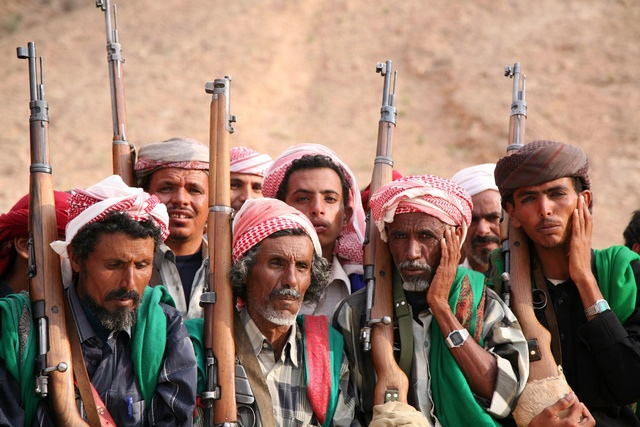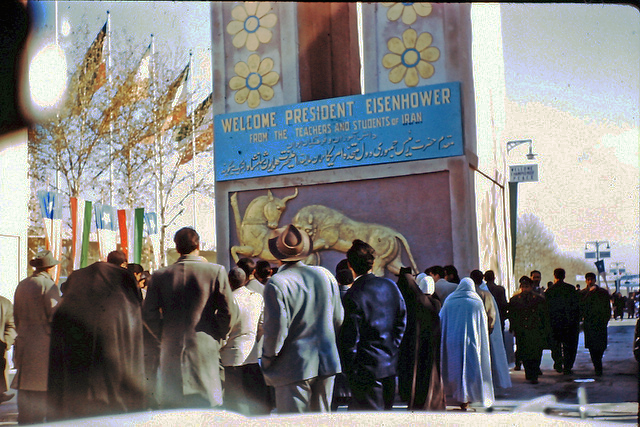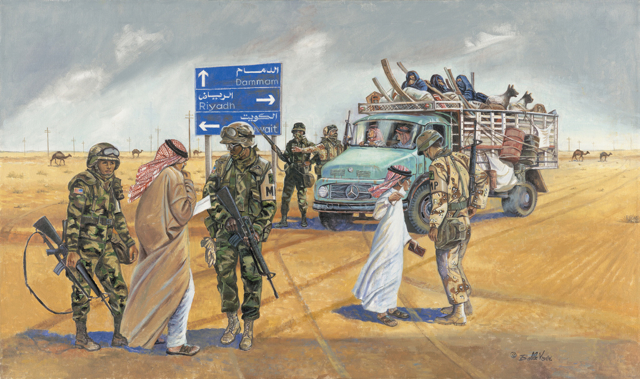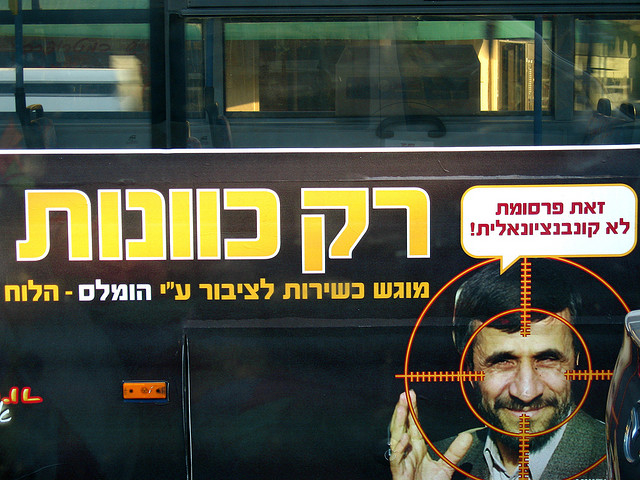Ali Shariati was one of the most important Muslim intellectuals of the 20th century. It’s impossible to discuss left-wing formulations of Islam without him, as well as revolutionary Islamism more broadly. As a sociologist of religion, Shariati grappled with many important issues facing social transformation in the Muslim world. (More…)
Near & Middle East
For decades, there have been calls for a Protestant Reformation in the Muslim world. There’s something to it. Unfortunately, most press for a vaguely defined liberal secularism against an equally unclear Islamic backwardness. This can be particularly sinister when Muslims do it, since it contributes to a senseless dichotomy between secular elites and religious extremists that paralyzes the Islamic world. (More…)
The world ended on December 27th. Or so it seemed. My visa sponsor at Yemen College of Middle Eastern Studies sat me down and told me that I had to leave the country by the end of the weekend. Defeated, I began packing my belongings, and walked around Sana’a with the knowledge that I may never see it again. I arrived in Berlin on New Year’s Day. (More…)
76 people had been killed during a Syrian assault on Aleppo. 28 of the casualties were said to be children. Despite the high death toll, I was pessimistic that the West would take notice. “It seems few care about Syrian lives, unless they’re killed by a chemical weapon,” I angrily tweeted. My despair reflected a decline in public interest in Syria’s civil war. Yes, the attack made the news, but it elicited no outcry. (More…)
Never mind the quenelle. There’s a new hand sign in Egypt. The Rabia, as it is called, consists of holding up four fingers, with the thumb tucked in, as a protest against military rule. The gesture is Islamist, and refers to the massacre of supporters of deposed president Morsi, which took place in Cairo’s Rabia al-Adawiya Square on August 14th, 2013. (More…)
We’re a week into a major tribal war in Yemen’s Hadramawt province. Since there has been a media blackout in the area, and even Yemeni journalists are not being allowed in, core facts about the uprising remain unknown. What we do know is that there is a powerful new tribal confederation, the Hadramawt Tribes Alliance, which has led large rallies and armed clashes throughout the province. (More…)
Conquest isn’t what it used to be. Large scale invasions and occupations are out of the question. The West is still militarily preeminent on paper, yet in practice its coalitions have floundered in Iraq and Afghanistan. This situation has forced a shift away from conventional military force towards a more politically palatable method of warfare (More…)
The writing is on the wall. Saudi Arabia, in its current form, is destined to self-destruct. The question is what will succeed it. And if it’s the Saudi-we-know that will collapse, we’re already seeing indications of Saudi-to-be in the violent, and ineffective Nitaqat Program. (More…)
It shouldn’t surprise anyone that a quick deal between the P5+1 powers and Iran failed to materialize. Hopes were understandably raised by the fact that the United States wanted a deal, and that Iran declared its openness to unprecedentedly intrusive inspections of its nuclear facilities. But what is at stake in these talks goes beyond the atomic issue. It deals with the entire Western approach to the Middle East. (More…)
Nuclear weapons negotiations between the United States and Iran are looking increasingly likely to portend a seismic shift in the Middle East. That shift, though, is not the one that was hoped for in some quarters. Especially in Riyadh and Jerusalem, who fear being sidelined by an ending of hostilities between Washington and Tehran. (More…)
One of the more absurd international crises could be coming to an end. The word out of Geneva this week is that the P5+1 (which consists of the United States, Russia, China, the United Kingdom, and France plus Germany) was impressed with the presentation made by the Iranian delegation. It’s only the beginning of what is sure to be a difficult process. (More…)
“The two-state solution is the only viable option to end the Israeli-Palestinian conflict.” So goes the familiar refrain. Lately, I’ve noted a couple of instances where the cliché has been accompanied with mockery of those who advocate for one secular, democratic state in all of the land Israel now controls. There’s a lot of arrogance and condescension in that attitude. (More…)
